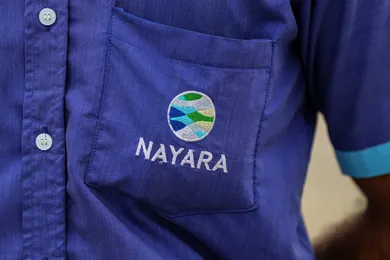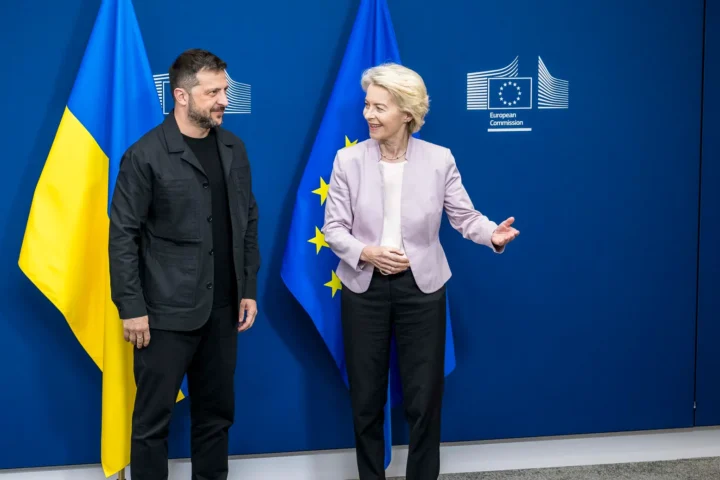According to Bloomberg, Indian oil refiner Nayara Energy Ltd., partially owned by Russia’s Rosneft, has tightened its payment conditions for buyers following the latest round of European Union sanctions. Clients are now required to make an advance payment or present a documentary letter of credit before a shipment of naphtha scheduled for next month. Previously, no such requirements were in place.
These changes are reflected in a revised tender document seen by the agency and illustrate how even companies not directly sanctioned but linked to Russian capital are beginning to feel the impact of increasing Western restrictions.
EU Sanctions Extend to Moscow’s Partners in Asia
Last week, the European Union introduced a new sanctions package targeting Russia. It includes a lower price cap on Russian crude and, for the first time, restrictions on petroleum products made from Russian oil outside of Russia. Though Nayara had previously avoided direct fallout, this new wave of measures has reached the company.
India has become one of the main buyers of Russian oil since the start of the war in Ukraine, filling the void left by Western countries. However, it has also remained dependent on Europe for exporting refined products. Nayara operates a massive 400,000-barrels-per-day refinery, owns nearly 7,000 fuel stations across India, and is building a petrochemical complex next to its main plant. These developments now appear increasingly vulnerable.
The company did not respond to Bloomberg’s request for comment. Meanwhile, Rosneft issued a statement calling the EU’s sanctions “unjustified and illegal,” strongly condemning Nayara’s inclusion in the sanctions sphere.
Global Market Feels the Tremors
Bloomberg notes that oil markets reacted sharply to the new sanctions, with crude futures fluctuating in response. Analysts warn that the latest restrictions could complicate not only the export of Russian oil but also the global trade in refined products — even when those products are technically made outside Russia.
Naphtha, used as a key input for petrochemical production, could become more difficult to source as Nayara tightens its payment terms. This move could disrupt global supply chains, especially in regions heavily reliant on Indian exports.
The Nayara case shows how Western sanctions are now affecting not only Russian companies directly but also their subsidiaries and strategic partners abroad. According to Bloomberg, this precedent may serve as a warning to other refineries and governments that continue to work with Russian oil. The geopolitical cost of maintaining business ties with Moscow is rising — bringing with it mounting risks in finance, logistics, and international trade.
This article was prepared based on materials published by Bloomberg. The author does not claim authorship of the original text but presents their interpretation of the content for informational purposes.
The original article can be found at the following link: Bloomberg.
All rights to the original text belong to Bloomberg.


















